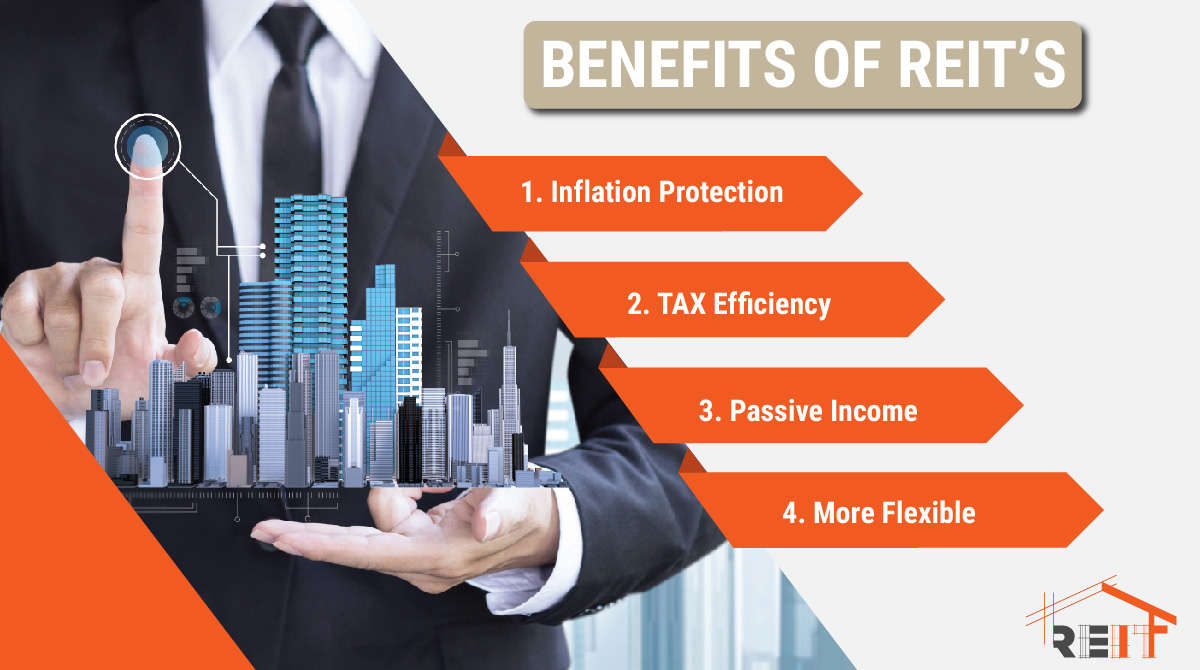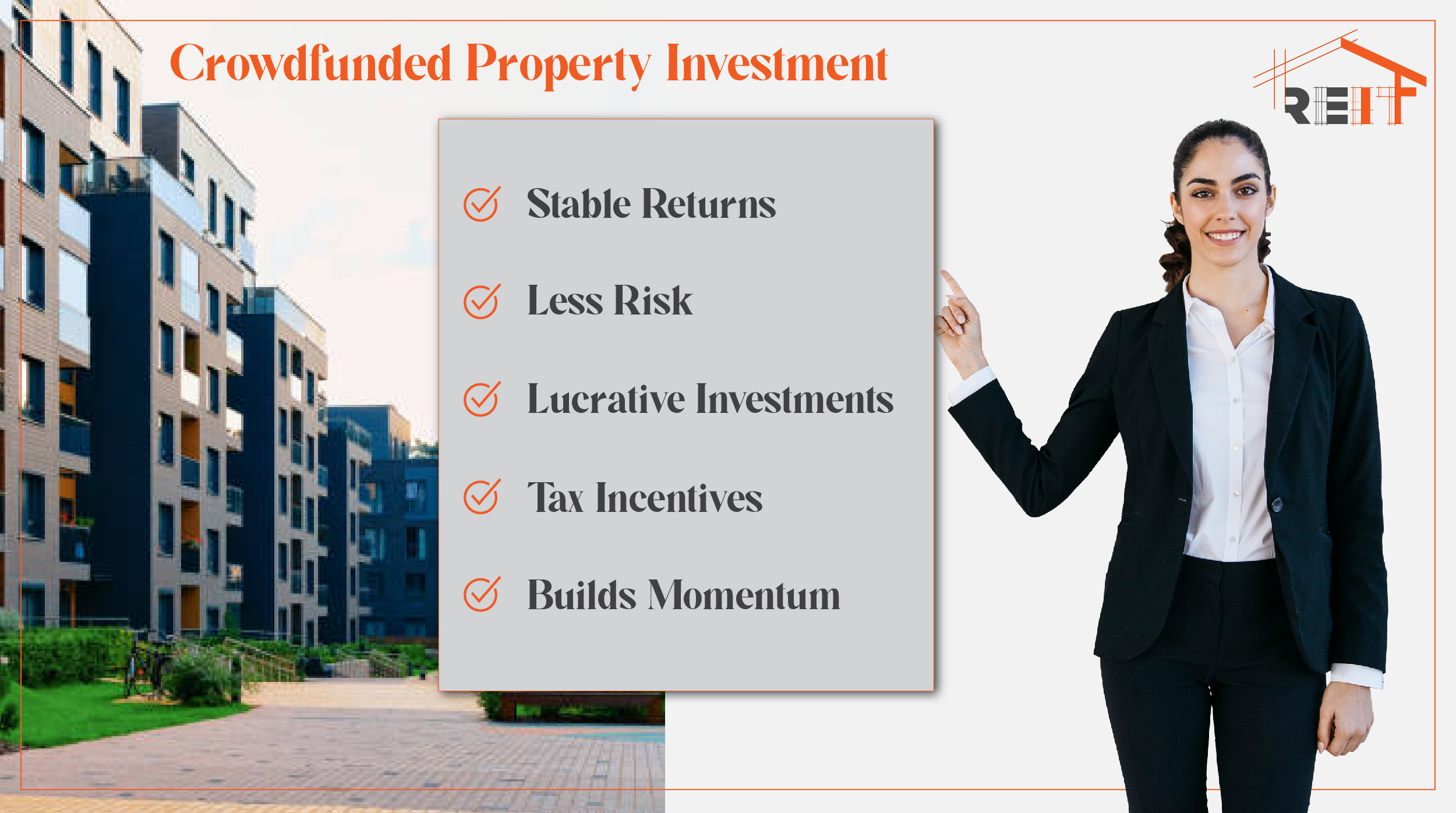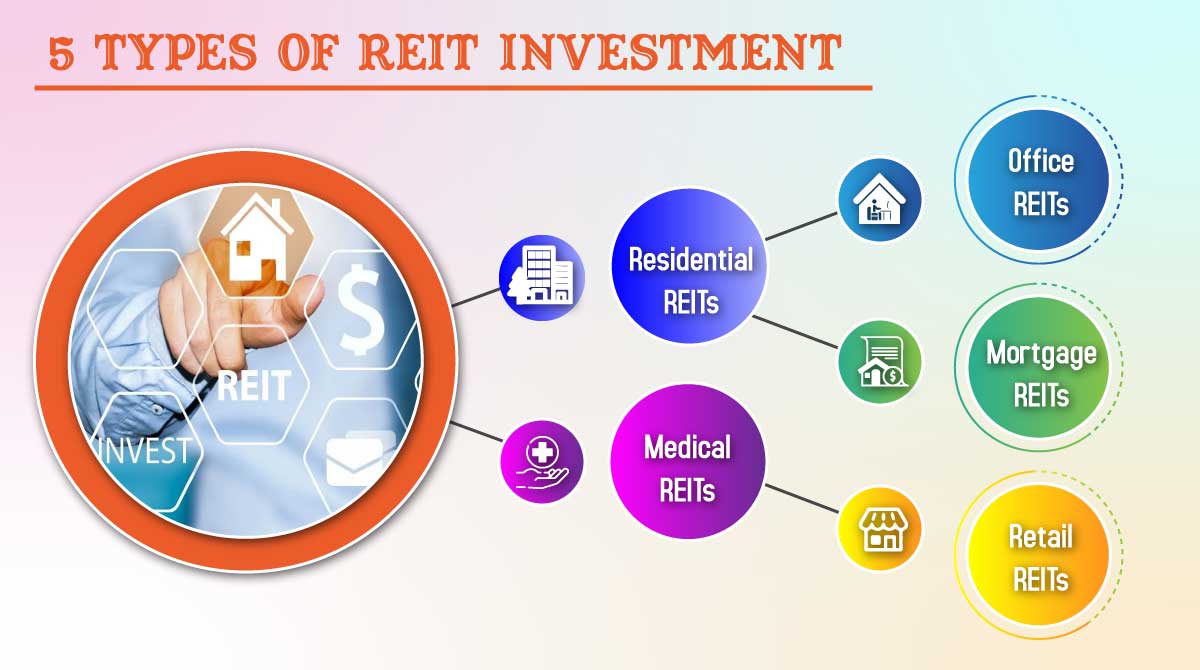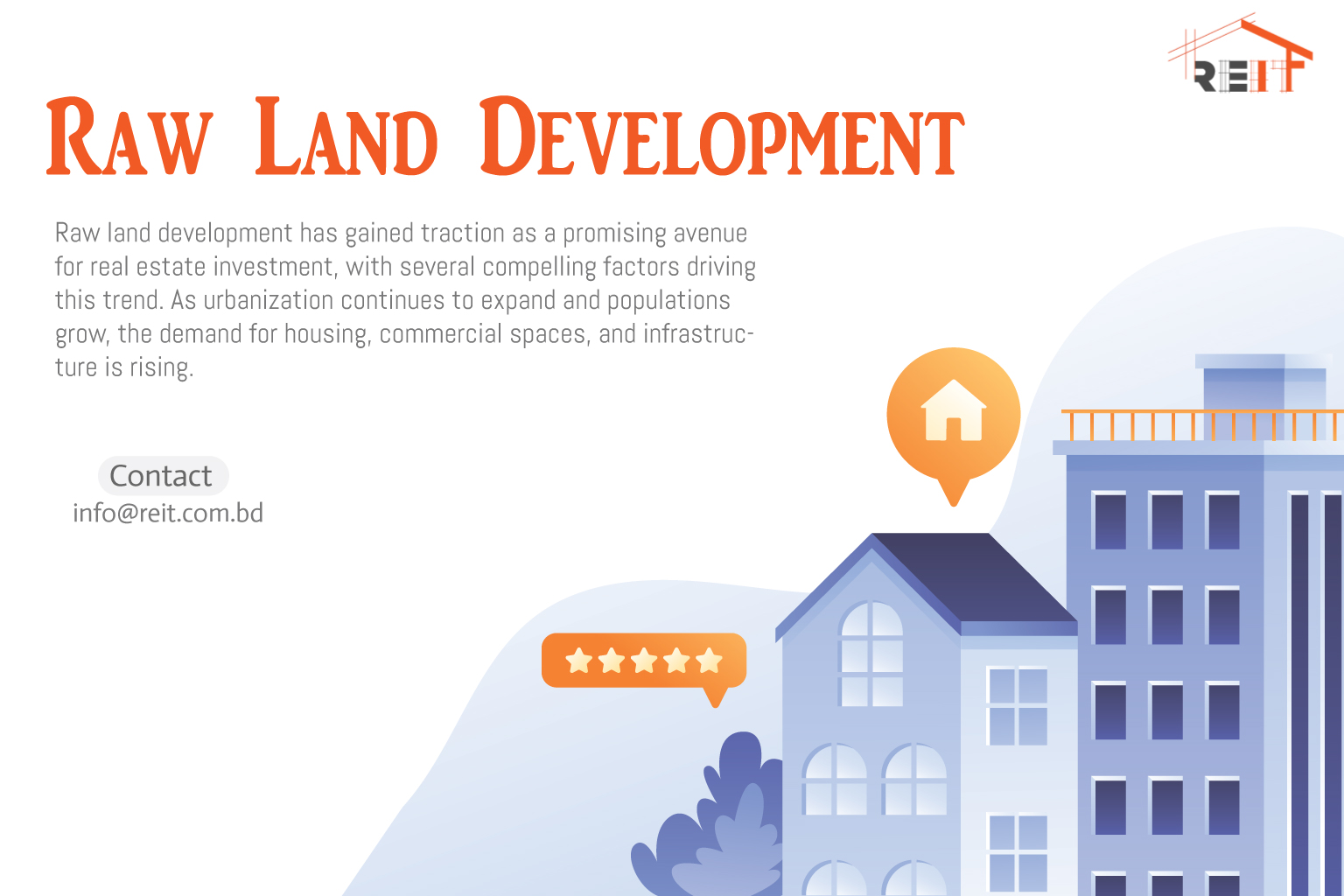The Commercial Real Estate (CRE) landscape in Bangladesh is transitioning from a period of high short-term volatility to a phase of predictable long-term growth anchored by key national milestones such as the completion of major transport links (Metro Rail, Elevated Expressway) and sustained digital transformation. For foreign investors in 2026, success is defined by a focused pivot towards technology-integrated assets and a heightened emphasis on regulatory risk mitigation to capture the market’s true value.
Key Takeaways for International Investors
Investment Focus | Bangladesh Advantage | Primary Investor Risk |
Top Sector | Export-driven Industrial (RMG Green Factories) and Logistics. | Currency Fluctuation (BDT/USD/GBP). |
Highest Yield | Properties within Special Economic Zones (SEZs) for tax exemptions. | Political and Sovereign Risk. |
Valuation Strategy | Discounted Cash Flow (DCF) with a higher Risk Premium added to the Cap Rate. | Documentation & Clear Title Verification (Mutation). |
Facilitator | BIDA (Bangladesh Investment Development Authority) for approvals and fund repatriation. | Repatriation constraints on local currency profits. |
Bangladesh offers some of the highest potential returns in the Frontier Market space, but foreign direct investment (FDI) in Commercial Real Estate (CRE) demands a tailored strategy that mitigates political, currency, and documentation risks. The 2026 landscape is defined by massive public infrastructure investment (MRT, Expressways) and a global push for sustainable manufacturing.
1. The High-Yield Pivot: Focusing on Export Resilience
International investors must prioritize sectors with high, secure, USD-backed revenue streams that are resilient to BDT inflation.
- Industrial: The Green RMG (Ready-Made Garments) Premium:
- Bangladesh is the global leader in LEED-certified green factories. This compliance attracts top US/EU tenants willing to pay a “Greenium” (Green Premium) rent.
- Focus: Vertically Integrated facilities in manufacturing clusters (Gazipur, Narayanganj).
- Logistics & Warehousing: Driven by the Dhaka-Chittagong economic corridor and local e-commerce. Look for Grade-A warehouses outside Dhaka city center near major highway entry points.
Data Centers & IT Parks: Government incentives and growing local tech demand are creating pockets of opportunity in designated High-Tech Parks.
2. Financial Modeling: Pricing in BDT & Repatriation Risk
Accurate valuation requires applying a higher risk premium to the standard global Cap Rate model due to BDT volatility and local liquidity constraints.
Key Adjustment Point: The required Cap Rate for foreign investors must be higher (often 8%-12% depending on the sector) than the local rate to compensate for Currency Conversion Risk and the time/cost of fund repatriation.
3. Which CRE Sectors Offer the Highest Profitability in Bangladesh?
By 2026, the highest profitability in Bangladeshi CRE will come from specialized, technology-enabled asset classes: specifically Tier-III Certified Data Centers and automated Industrial & Logistics facilities.
As the initial growth phase of general commercial construction slows, the market is rewarding sector specificity and high-tech integration. These sectors demonstrate minimal correlation to traditional office/retail downturns and align perfectly with Bangladesh’s national goal of becoming a digital economy by 2041.
- Tier-III Data Centers: With Bangladesh achieving near-universal internet access, the demand from local and foreign cloud providers for secure, redundant, and sovereign data storage is explosive. This is a capital-intensive sector but offers superior long-term, inflation-linked lease returns.
- Smart Warehousing & Logistics: Following the operational stabilization of the Padma Bridge and Metro Rail, the focus is now on efficient supply chain optimization. Automated, multi-story smart warehouses near urban hubs command a substantial rental premium over traditional godowns.
- Grade-A Office (Flight to Quality): The office market is sharply bifurcating. Outdated Class B/C spaces are facing rising vacancies, while new Grade-A, amenity-rich buildings (especially Flex/Hybrid Offices) with superior HVAC and digital security are experiencing near-full occupancy.
4. What Valuation Models are Essential for Financial Health in 2026?
The essential valuation model for Bangladeshi CRE in 2026 is the Discounted Cash Flow (DCF) model, which must explicitly incorporate a currency risk premium and stress-test the investment against sustained higher cost of capital.
The era of consistently low global interest rates is over. The cost of financing and the volatility of the Bangladeshi Taka require a highly conservative approach to valuation to protect principal investment and projected returns.
- Net Operating Income (NOI): Investors must utilize conservative estimates for rental growth and apply a high, inflation-adjusted factor for operating expenses, particularly for maintenance and utilities, which have seen significant cost increases.
- Currency Stress-Test: The DCF model should be run using multiple Taka-to-USD exchange rate scenarios over the investment holding period. This is crucial for verifying the true dollar-denominated return (IRR) and assessing the risk of capital erosion.
Cap Rate Observation: While local Cap Rates may appear attractive (typically 7%–9% for prime commercial assets), they should only be used as a comparative tool, not the primary valuation determinant, due to the difficulty in securing reliable, non-distressed comparable sales data.
5. How Will ESG and Sustainability Impact CRE Valuation by 2026?
By 2026, ESG (Environmental, Social, and Governance) compliance is no longer optional; it is a prerequisite for institutional financing and directly translates into a significant “Greenium” (valuation premium) for certified assets in Bangladesh.
The push for sustainability is coming from global capital sources, not just local regulation. Assets that fail to meet global sustainability standards risk becoming “stranded assets”—physically and economically obsolete—within the investment holding period.
ESG Compliance Factor | 2026 Investment Impact |
LEED/WELL Certification | Attracts international anchor tenants and commands up to a 10-15% rental premium compared to non-certified buildings. |
Climate Resilience | Mandatory design features for severe weather and flooding (common in the region) that reduce insurance premiums and physical risk. |
Social (S) Metrics | Documentation of ethical labor practices and community engagement, which is essential for Institutional Investor (e.g., Pension Funds) due diligence and approval. |
6. Due Diligence & Legal Gateway: Navigating Clear Title Ownership
The primary hurdle for international CRE investors in Bangladesh is ensuring Clear Title Ownership. While the government has made progress in digitizing land records, the onus remains on the investor to verify the complete, unbroken lineage of the property.
The Clear Title Imperative
The central risk remains clear title ownership. The 2026 legal environment mandates that foreign investors utilize the evolving National Land Information Portal for preliminary title checks, securing BIDA approval, and maintaining a laser focus on verifying the continuity of property ownership records.
Key Due Diligence Pillars (Checklist)
Foreign investors must insist on verifying these three pillars against both the physical and digitized records:
Legal Document (Local Term) | International Definition | Rationale |
CS/SA/RS/BS Khatian | Comprehensive Chain of Title Records | Verifies land history and prevents ownership disputes. |
Namjari (Mutation) | Title Update/Registration | Ensures the seller’s name is legally recorded with the Land Office. |
RAJUK/CDA Approval | Regulatory Compliance/Zoning | Confirms the property can legally be used for commercial purposes as intended. |
NEC (Non-Encumbrance) | Clear Lien Status | Confirms the property has no outstanding mortgages or liens. |
Regulatory Compliance & Digital Verification
- BIDA Registration (Early Stage): Investment must be formally registered with the Bangladesh Investment Development Authority (BIDA) to guarantee legal protection and streamline subsequent permissions, facilitating eventual profit repatriation.
- Digital Title Verification: Foreign investors must insist on verifying the digitized records against the physical records maintained by the Land Administration offices to identify and reconcile any historical discrepancies early in the due diligence process.
- Tax Compliance: Strict adherence to VAT (Value Added Tax) and Income Tax regulations is critical. Foreign investors must obtain a TIN (Taxpayer Identification Number) and ensure all property transactions align with government-specified transfer pricing guidelines.
7. Regulatory Compliance & Fund Repatriation
Foreign investors must work through BIDA and the Bangladesh Bank (BB) to ensure compliance.
- Fund Inflow: All investment capital must be routed through the proper banking channels (e.g., a Non-Resident Taka Account – NITA).
Profit Repatriation: Under FDI policy, net profits (after tax) and dividends from BIDA-registered investments are generally repatriable, but the process must be meticulously documented through the central bank.
FAQs
The completion of the Metro Rail (MRT) significantly enhances the value of commercial properties located near station hubs through the principle of Transit-Oriented Development (TOD). This improves tenant accessibility and reduces transportation costs, justifying higher rental rates.
The main barrier to capital repatriation is ensuring the investor has the proper documentation verifying that the investment was initially brought in legally through official banking channels and that all Capital Gains Tax and Income Tax liabilities have been fully settled with the NBR.
No. The 1031 Exchange is a provision specific to the US Internal Revenue Service (IRS) tax code and is not applicable for tax deferral on the sale of commercial real estate within Bangladesh. Foreign investors are subject to local capital gains tax on the sale.

















